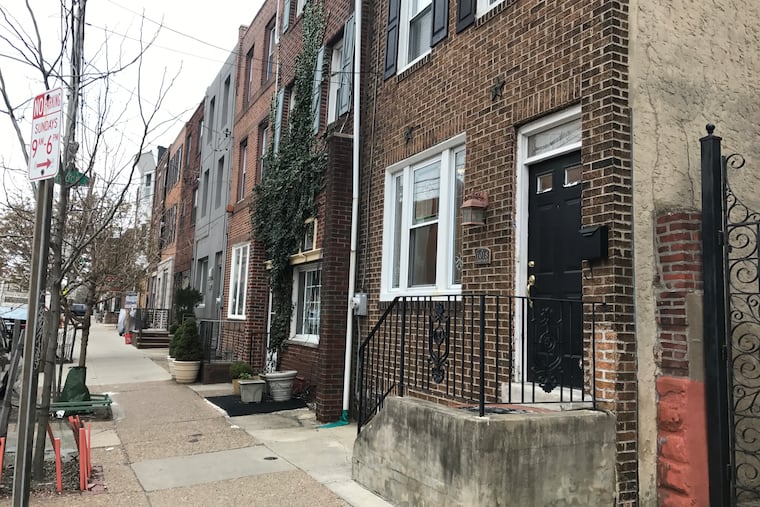Thousands of Philly homeowners are still waiting for 2019 assessment appeal hearings — and will be for months
The Board of Revision of Taxes plans to hear about half of the nearly 10,000 appeals by June, and complete the rest by the end of the year.

More than half of the nearly 10,000 property assessment appeals filed in Philadelphia for tax year 2019 have yet to be resolved, according to the Board of Revision of Taxes.
“To date, just under 4,200 appeal decisions have been rendered,” Carla Pagan, executive director of the BRT, told City Council members Wednesday at a budget hearing.
The remaining appeals — for approximately 5,500 properties — will be heard through December, Pagan said, and the board is on pace to resolve half of all the appeals by June and the rest by the end of the year.
The BRT is an independent board tasked with presiding over appeals of assessments, the values used to calculate real-estate tax bills. The number of appeals hit a five-year high for 2019 values after the city reassessed all residential properties and the median assessment of a single-family home increased 10.5 percent.
Councilwoman Helen Gym said she was concerned that the BRT’s pace of hearing appeals could have a negative impact on the city and School District budgets. The appeals could lead to reductions in tax bills, which makes it hard for city and School District officials to plan their future spending, she said.
“Once you start to drag beyond six months, it starts to raise concerns whether we have accurate projections [of] what the impact is for the following year,” Gym said.
Here are other takeaways from the BRT budget hearing:
Vacancies could be slowing the pace of hearings
In the past, when appeal volume was high, Pagan said, the BRT divided itself into two boards to manage the hearing workload. That has not been possible this year because the seven-member board has three vacancies.
The city’s judges appoint BRT members; Pagan said the judges will hold an election in two weeks.
“We have a lot of applicants,” she said.
Pagan said the BRT, which has been criticized for its pace in resolving appeals, holds hearings three days a week. The other two workdays are for preparation and reviewing appeals for which owners have not requested hearings.
Asked whether it would be possible to hold more hearing days per week, Pagan said that the preparation days and non-hearing decision days are needed in BRT’s schedule.
Changes are coming for 2020 appeal deadlines
Property owners have two ways to contest assessments: They can file informal appeals known as first-level reviews to the Office of Property Assessment, which is tasked with valuing properties, and they can also appeal to BRT.
In 2019, as in previous years, owners who had not been notified of decisions on their first-level reviews by the Oct. 1 deadline to appeal to the BRT would have an additional 30 days to file an appeal after they learn of the first-level review outcome. That will change this year, Pagan said.
Instead of allowing that 30-day window, this summer, BRT will send letters to property owners with pending first-level reviews to inform them that the October appeal deadline applies to everyone.
“Within the past two years now, with a huge amount of [first-level reviews] being filed, and sometimes some answers take a long time to get back to taxpayers, we found that now we’re getting thousands of appeals in after our deadline, and it’s hampering our workflow,” Pagan said.
As of the end of October, for example, the BRT had 7,700 appeals for 2019. That number has since risen to 9,708 because of appeals of first-level reviews.
The Office of Property Assessment received more than 20,000 first-level review applications for 2019 values. Less than half were resolved by the October appeal deadline. And as of Wednesday, city spokesperson Mike Dunn said 202 were still outstanding.
Council President Darrell L. Clarke, who has voiced concerns about the city’s assessment process and called for new leadership in the Office of Property Assessment, said during Wednesday’s hearing: “We’re still trying to figure this whole [assessment] thing out.”